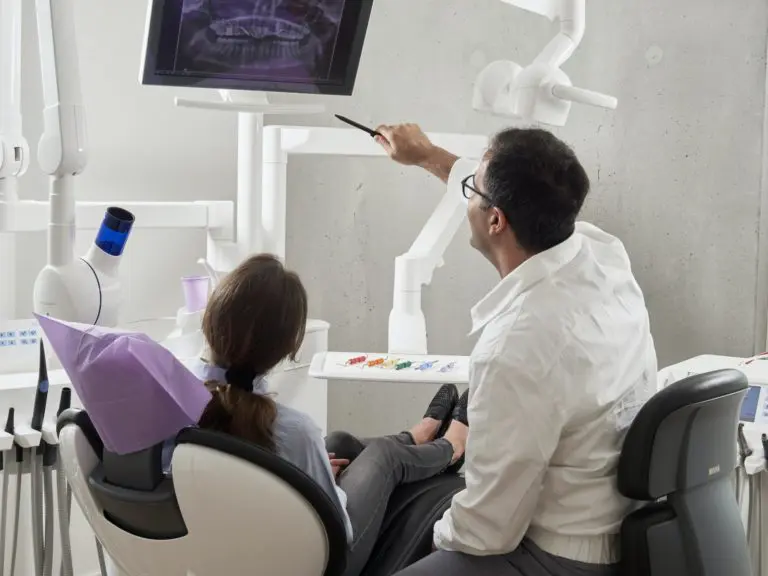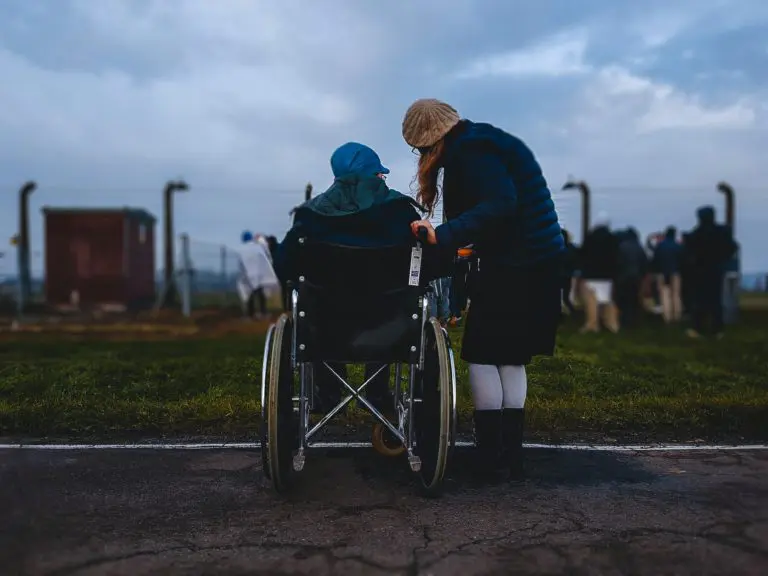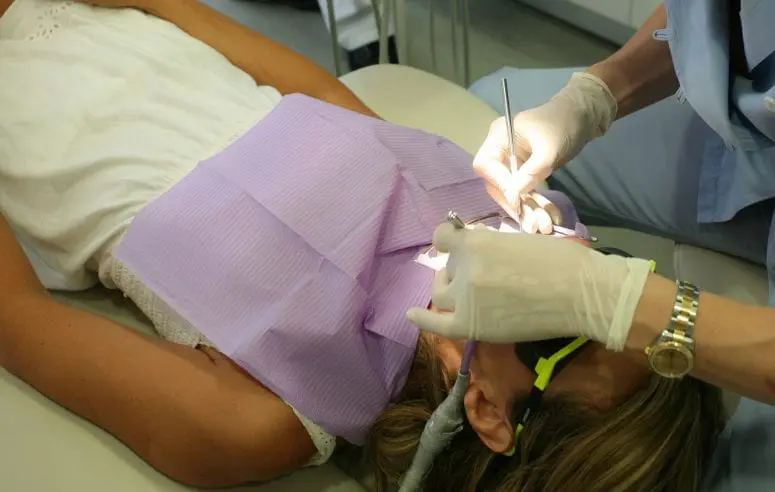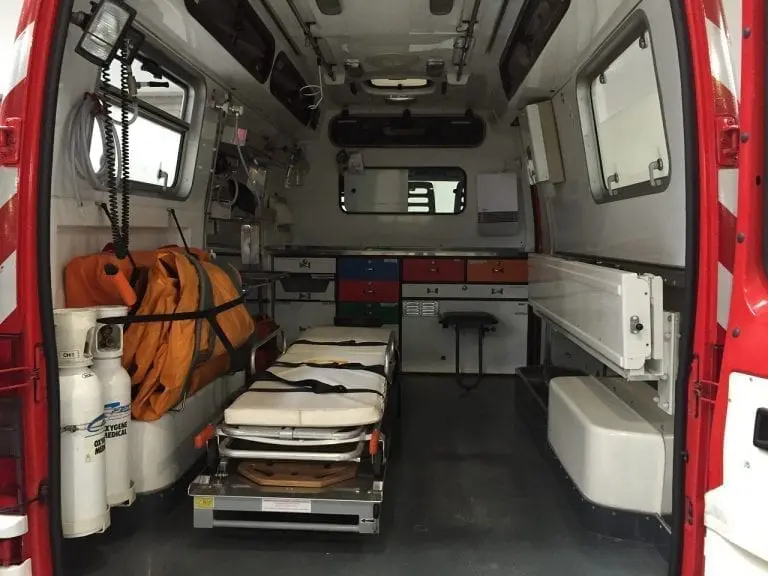How to Regain the Pre-pregnancy Body: A Guide for Mums

Congratulations on your new bundle of joy! As a new mum, your life has undoubtedly been filled with countless changes and adjustments. While embracing motherhood is a beautiful journey, many women find themselves longing to reclaim their pre-pregnancy bodies.
This desire is completely normal and achievable with the right approach. This guide aims to help you navigate the journey back to your pre-pregnancy body in a healthy, balanced, and self-loving way. Read on.
- Understanding Your Body Post-Pregnancy
First and foremost, it’s essential to understand that your body has undergone significant changes during pregnancy. These changes include weight gain, stretched skin, and possibly a different body shape.
It’s crucial to approach your body with kindness and patience. Remember, it took nine months to get to where it is; it’s only fair to give it time to readjust.
- Start with Realistic Goals
Set realistic, achievable goals for yourself. It’s not just about losing weight; it’s about regaining strength, stamina, and overall health. It’s important to acknowledge that your body has undergone significant changes, and returning to your pre-pregnancy state will take time.
Instead of aiming for rapid weight loss or an immediate return to pre-pregnancy fitness levels, focus on gradual, sustainable changes. For instance, set achievable targets, like slowly increasing physical activity or gradually shifting to healthier eating habits. Celebrate small milestones, like fitting into pre-pregnancy clothes or completing a workout, to stay motivated.
- Nutrition: Your Fuel for Recovery
Nutrition plays a pivotal role in getting back in shape. After childbirth, your body needs a diverse array of nutrients to heal and regain strength. A balanced diet rich in vitamins, minerals, proteins, and healthy fats supports tissue repair, boosts energy levels, and aids in returning to healthy weight.
Foods high in iron and calcium are particularly important to replenish what was lost during pregnancy and childbirth. For breastfeeding mothers, nutrient-dense foods also enhance the quality of breast milk. It’s essential to avoid restrictive diets; instead, focus on wholesome, varied meals that nourish both the body and aid in recovery.
- Breast Augmentation
For some women, the post-pregnancy journey might include considering breast augmentation. Pregnancy and breastfeeding can significantly change breast size and shape, leading to a desire for augmentation or reconstruction.
It’s crucial to consult with a certified plastic surgeon who has had successful cases of breast augmentation. For example, women who got breast augmentation by Dr. Rottman assert that the procedure has been really effective for them and that they’ve lost extra weight on their bust.
This procedure can help restore or enhance breast appearance, boosting self-confidence for many women. However, it’s important to wait until your body has fully recovered from childbirth and breastfeeding, as these factors can affect the results of the surgery.
- Gradual Exercise: Start Slow and Build Up
Exercise is crucial, but it’s important to start slow. Begin with light exercises like walking, stretching, and pelvic floor exercises. Gradually increase the intensity of your workouts. Activities like yoga, pilates, and low-impact cardio are excellent choices.
It’s noteworthy that if you’ve had a C-section, always consult with your healthcare provider before starting any exercise regime.
- Rest and Recovery: Sleep is Crucial
Sleep plays a vital role in healing and restoring the body after childbirth. It’s during deep sleep that the body repairs itself, balances hormones, and even aids in weight management. Lack of sleep can lead to increased stress levels and hormonal imbalances, making it harder to lose pregnancy weight.
With a newborn, achieving uninterrupted sleep can be challenging. To maximize rest, try syncing your sleep with the baby’s, accepting help from family or friends, and creating a peaceful sleep environment.
- Mental Health Matters
Postpartum depression and anxiety are real and can affect how you feel about your body. Hormonal changes, lack of sleep, and the demands of new motherhood can contribute to feelings of anxiety, stress, or depression. Acknowledging and addressing these feelings is crucial for overall well-being. It’s important to monitor for signs of postpartum depression, a condition that affects many women and requires professional support.
Regular communication with family, friends, or support groups can provide emotional relief and connection. Seeking therapy or counseling can also be beneficial.
Final Words
Regaining your pre-pregnancy body is a journey that requires patience, effort, and self-love. It’s not just about shedding pounds but about embracing your new role as a mother while taking care of yourself.
Remember, your body has done something remarkable, and it deserves all the love and care you can give it. With the right approach, you’ll find your way back to your pre-pregnancy self, both physically and emotionally. Here’s to a healthy, happy, and fulfilling motherhood journey!









